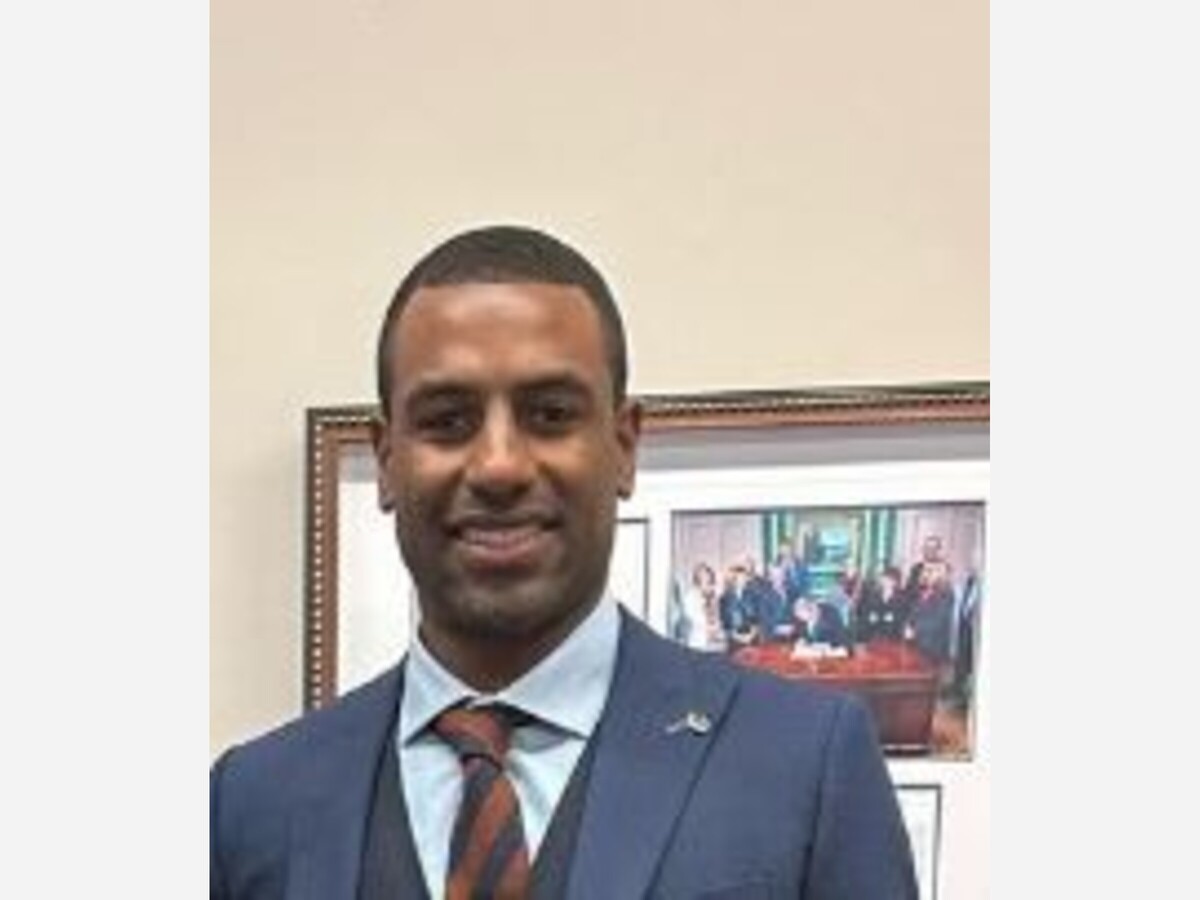Image

Bipartisanship was the order of the day, recently, when Rep. Vaughn (R-Wrentham) and Rep. Scanlon (D-North Attleborough) visited Plainridge Park Casino in Plainville, Massachusetts to discuss efforts to curb problem gambling with stakeholders from the casino industry, the Massachusetts Gaming Commission, representatives from Treasurer Goldberg’s office, and experts in responsible gaming.
Problem gambling has skyrocketed with the advent of sports betting. A recent story published in the Boston Globe reports that “there is growing evidence that tech-savvy youths are finding ways to circumvent the security measures, and engage in a highly addictive form of rapid-fire betting on mobile apps. Increasingly, they are lying about their age or using their parents’ or older friends’ accounts to make bets on everything from their hometown college team to the number of touchdowns their favorite quarterback will throw on Sunday, according to gaming researchers, addiction therapists, and Gamblers Anonymous volunteers.”
The Massachusetts Youth Risk Behavior Survey, developed by the Centers for Disease Control and Prevention and conducted along with the Department of Elementary and Secondary Education and the state Department of Public Health every two years, has shown that 40 to 50 percent of Massachusetts students have engaged in some form of gambling, such as playing the lottery or participating in fantasy sports, consistently over the page decade.
Rep. Vaughn and Scanlon subsequently wrote to the Massachusetts Gaming Commission in a letter to encourage the Commission to “consider exploring the use of new technology to pursue the Commission’s purpose of, in the words of the mission statement, reducing to the maximum extent possible the potentially negative or unintended consequences of expanded gaming.” Specifically, Vaughn and Scanlon implore the Commission to “research possible measures to track individual gambling activity, including through artificial intelligence or other technology, so as to identify problem gamblers; this includes measures that may not currently be developed or in use, but that research indicates would be fruitful for this end. Further, we would ask the Commission to consider what further interventions could be developed and deployed by using the most up-to-date research and technology, which may not be currently not in use.” Rep. Vaughn and Rep. and Scanlon continued, “the gaming sector is important to the Commonwealth and to our region, and it is incumbent on us to ensure that the benefits we receive from the expanded gaming industry do not come at too high a cost to those predisposed to addiction and problem gambling.”
Governor Maura Healey recently proposed the state budget for fiscal year 2025. Within it are several concerning fiscal and policy proposals related to problem gambling. The budget proposal seeks to reduce the amount of funding that is allocated annually to the Public Health Trust Fund by statute.
The fund exists to “assist social service and public health programs dedicated to addressing problems associated with compulsive gambling including, but not limited to, gambling prevention and addiction services, substance abuse services, educational campaigns to mitigate the potential addictive nature of gambling and any studies and evaluations necessary, including the annual research agenda. Under Ch. 194 of M.G.L, 5% of the revenue that is derived from a category 1 licensee (a casino with slot machines and table games) is automatically distributed to the Public Health Trust Fund. The proposal seeks to change the 5% figure to 2.5% annually in an attempt to use gaming revenue to balance the budget and fund other programs and services.
Additionally, the Governor has simultaneously asked for a five million dollar increase to the line item for lottery advertising, bringing that total line item to 10 million dollars. Treasurer Goldberg has also advocated for a dramatic increase to this line item. Typically, that particular line item is funded with very modest increases. Neither Scanlon nor. Vaughn support a 100% increase to expand advertising for the lottery while simultaneously making statutory policy changes that would significantly reduce the annual resources going to a fund designated to provide services to combat problem gambling.
Rep. Scanlon and Rep. Vaughn said they were very thankful for the Gaming Commission’s time and attention to this matter as well as their current efforts to combat problem gambling. Rep. Scanlon and Rep. Vaughn are also currently reviewing a slate of legislative proposals put forward by the Gaming Commission to combat problem gambling in the Commonwealth.